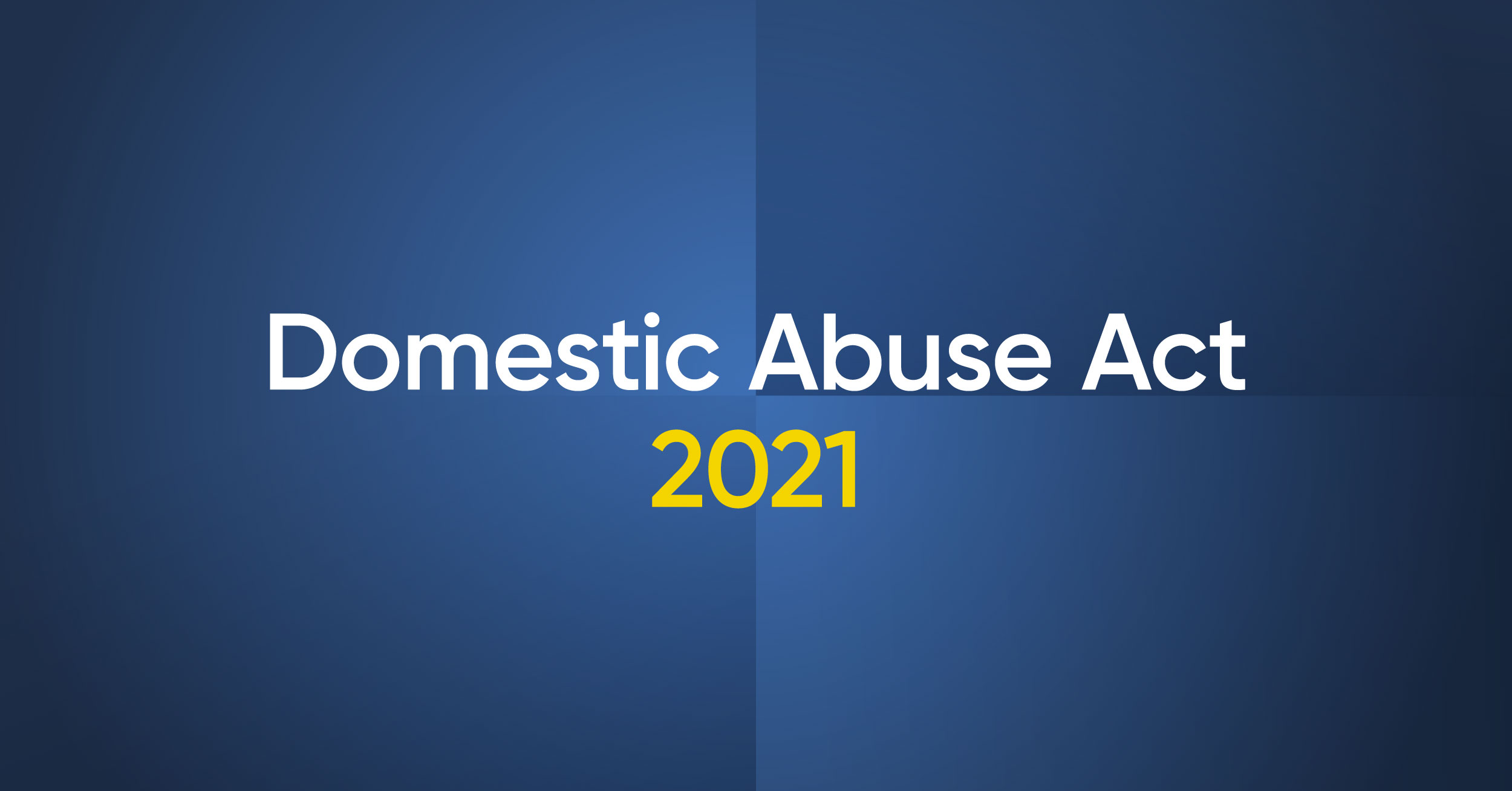In October of 1989, National Domestic Violence Awareness Month was created.
The purpose of this month is to unify those across the world who have been victims of domestic violence and to raise awareness of this deep-rooted issue affecting many, regardless of culture, race, status or religion.
Domestic abuse cases heightened during the recent coronavirus pandemic and have left lasting and heavily damaging effects.
The Domestic Abuse Act 2021 officially became signed into law in April of last year.
In this article, we explore the impact of the Domestic Abuse Act 2021, and how it can protect you.
What has happened since the Domestic Abuse Act was passed as law?
In October 2021, a legal definition of domestic abuse was implemented into law for the first time. This definition emphasises that domestic abuse is not always physical, but can also be emotional, psychological, economical, controlling or coercive.
In the following November, the powers of the Domestic Abuse Commissioner came into force. The Domestic Abuse Commissioner, Nicole Jacobs, has a duty to encourage the following:
- Prevention
- Detection/ investigation
- Identification of people who carry out domestic abuse and identify those who are victims of domestic abuse
Having a Domestic Abuse Commissioner places responsibility on public bodies such as Local Authorities, the NHS body, and the education sector, as well as the Government, to cooperate and respond to the Commissioner’s recommendations.
In January 2022 the Act specified that children could be victims of domestic abuse in their own right. This means that if a child sees, hears or experiences the effects of the abuse, then they are also a victim of domestic abuse.
What is next?
In early 2023, Domestic Abuse Protection Notices and Domestic Abuse Protection Orders are due to be introduced.
Their purpose is to provide immediate protection following a domestic abuse incident.
A notice, for example, could be issued by the police and require a perpetrator to leave the victim’s home for up to 48 hours. While an Order can provide longer-term protection; the police are able to make this application straight to a Magistrates’ Court.
The benefit of the new Order is that the Family Court can impose positive requirements as well as restrictions on the perpetrators. This could be a requirement for the perpetrator to attend an alcohol and substance misuse programme, for example.
This is due to be piloted in certain areas of the UK.
How can Jefferies help victims of domestic abuse?
At Jefferies Law, Essex, we understand that it can be incredibly difficult to accept, acknowledge, and leave an abusive relationship.
As a department, we ensure that every one of our clients’ voices are heard and recognised. We are highly trained to ensure the necessary and suitable protection is in place for you.
We can work with you to arrange face-to-face, video or telephone consultations.
Please contact our Family Law Team on 01702 443 480 or by emailing us at family@jefferieslaw.co.uk
If you are impacted by this article and would like to find out more about divorce and separation, speak with our expert and confidential Divorce Law Team.
The contents of this article are for the purpose of general awareness only. They do not purport to constitute legal or professional advice. The law may have changed since this article was published. Readers should not act on the basis of the information included and should take appropriate professional advice upon their own particular circumstances.
If you are in immediate danger, please contact emergency services.
